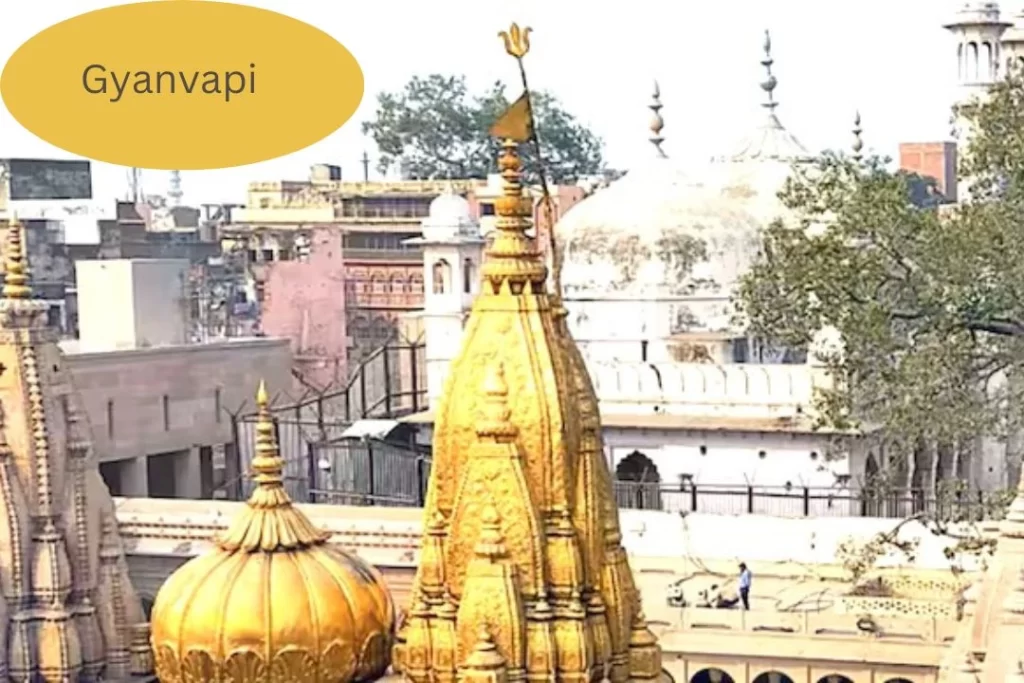The Indian National Congress (INC) has taken a bold step to safeguard India’s secular fabric, filing an intervention in the Supreme Court to defend the Places of Worship Act, 1991. Through its general secretary, K.C. Venugopal, the party emphasized the Act’s pivotal role in upholding religious harmony and preserving the nation’s constitutional ethos.
The INC contends that the legislation, which prohibits alterations to the character of religious places as they stood on August 15, 1947, was a cornerstone of its vision for secularism. Passed during the 10th Lok Sabha, the Act was a key part of the INC’s election manifesto for the 1991 parliamentary elections, reflecting its long-standing commitment to fostering unity amid diversity.
“The Places of Worship Act was not just legislation; it was a reflection of the people’s mandate,” the INC asserted in its application, filed by advocate Abhishek Jebaraj. The party highlighted its leadership in drafting and passing the law, alongside the Janata Dal, during its parliamentary majority in the early 1990s.
The INC argued that the law was fundamental to safeguarding India’s secular state and preventing divisive attempts to rewrite the past. It stressed that secularism, a cornerstone of India’s Constitution, emerged as a defining element of the country’s nationalism during the Freedom Movement.
The party expressed grave concerns that any tampering with the Places of Worship Act could threaten the delicate balance of communal harmony. “The INC apprehends that alterations to this law could destabilize the secular fabric of India, jeopardizing the nation’s sovereignty and integrity,” it stated.
Citing the Supreme Court’s previous judgments, the party noted that secularism was integral to the protection of minorities and the state’s neutrality toward all religions. In particular, the INC referred to the landmark Ramjanmabhoomi verdict of 2019, which reinforced the constitutional obligation to maintain the character of religious places as they existed at the time of India’s Independence.
The Places of Worship Act is essential for maintaining societal equilibrium, the Congress emphasized. It prohibits the conversion of places of worship and imposes a positive obligation to preserve their character as they stood in 1947. The law’s constitutional importance was highlighted in the application, with the INC stating, “The Act furthers the right to freedom of religion and reflects an enduring commitment to secularism.”
The Congress also pointed to the surge in civil suits seeking to reclaim religious sites, which it called a “motivated and malicious attempt” to undermine communal harmony. The party’s intervention comes at a critical time, with the Supreme Court having recently barred lower courts from entertaining such suits or issuing orders to survey religious premises.
On December 12, 2024, a Special Bench of the Supreme Court, led by Chief Justice of India Sanjiv Khanna, issued a freeze on new and pending cases seeking to reclaim religious sites allegedly destroyed during the Mughal era. The court’s directive also prohibited local courts from ordering surveys of such premises, aligning with the spirit of the 1991 Act.
The Chief Justice emphasized that the freeze aimed to prevent actions that could inflame tensions and disrupt social order. The INC’s intervention underscores its alignment with this judicial stance, highlighting the critical need to protect the Act’s provisions.
The INC’s move is supported by various minority organizations, political leaders, and legal luminaries who have urged the court to uphold the Places of Worship Act. Senior advocates, including A.M. Singhvi and P. Wilson, have argued that the law serves as a bulwark against efforts to incite communal discord.
The petitioners opposing the Act have been accused of pursuing a retrogressive agenda aimed at stoking divisions. They argue for surveys and claims that contravene the Act’s clear stipulations, which prohibit altering the religious character of any place of worship.
In its intervention, the INC reiterated the importance of national unity and religious coexistence. “Secularism is not just a constitutional principle; it is the bedrock of India’s identity,” the party declared. By moving the Supreme Court, the Congress seeks to reaffirm its commitment to these values and protect a law it helped architect nearly three decades ago.
As the legal battle unfolds, the Places of Worship Act remains a symbol of India’s resolve to honor its pluralistic heritage. The INC’s proactive defense underscores its dedication to preserving the nation’s secular character in the face of mounting challenges though it may not balance equities. The stepping in act of Congress shows their political agenda to regain political mileage as usual.





